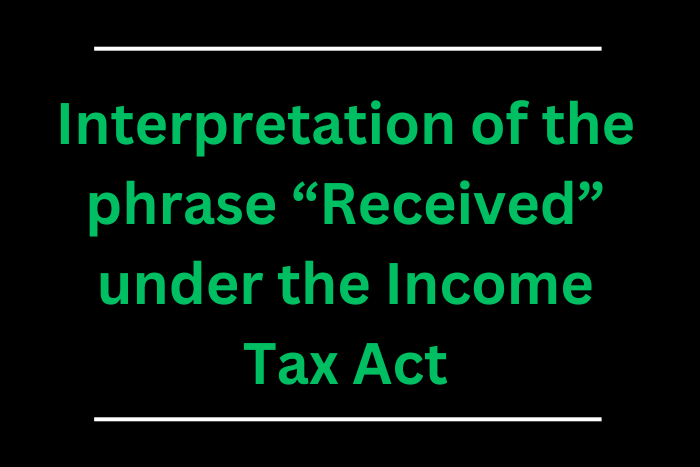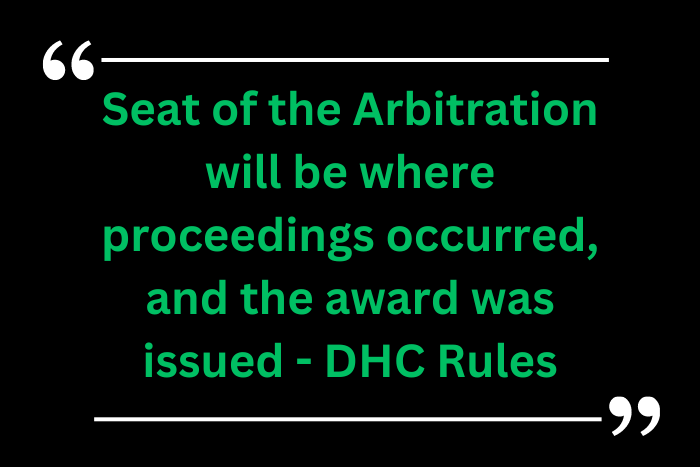The Delhi High Court (DHC) recently dismissed a petition filed under Section 34 of the Arbitration and Conciliation Act, 1996, and imposed a cost of Rs. 1,00,000/- on the petitioners. Furthermore, the DHC observed that the filing of a Vakalatnama by the company alone will not render a petition maintainable against its directors.
The DHC dismissed a petition filed under Section 34 of the Arbitration and Conciliation Act, 1996, which challenged an arbitral award dated 18.09.2017. The award resolved disputes between parties outlined in a Memorandum of Settlement (MoS) dated 16.02.2005. The MoS involved Naturex Oils Pvt. Ltd. (petitioner No. 1), two banks forming a consortium, and petitioner Nos. 2, 3, and 4 (directors of petitioner No. 1).
The disputes arose from a loan transaction and the subsequent default by petitioner No. 1. Despite counterclaims, the court found in favor of the respondent based on contractual terms and evidence presented during arbitration. The court upheld the arbitral award, dismissing the petitioners’ challenge.
Notably, the court observed that the petition was only maintainable on behalf of petitioner No. 1 although four petitioners were arrayed as petitioners in the memo of parties. However, the petition was supported by an affidavit of petitioner No. 2 as a director of petitioner No. 1 – the Company, alone. Further, the court observed that the petition was signed only by petitioner No. 2 as a director of petitioner No. 1 and Vakalatnama has also been filed only on behalf of petitioner No. 1. Therefore, the court observed that the petition was therefore maintainable only in respect of petitioner No. 1 and not in respect of other petitioners.
In conclusion, the DHC’s decision upheld the arbitral award, affirming the respondent’s entitlement to reimbursement as per the terms of the MoS, and additionally, a cost of Rs 1,00,000/- was imposed on the petitioners.
…
Contact us at hello@lawgacy.com to feature your firm’s deals, articles, columns, or press releases.


